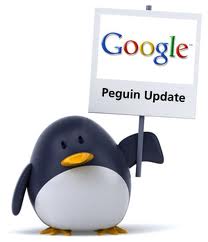 Google announced that if you are redirecting your mobile users from a specific landing page listed in Google to your mobile home page, then you need to watch out! Because Google will warn the mobile searcher that you will not be taken to the specific page you are searching for, instead, you may be taken to the home page of the site.
Google announced that if you are redirecting your mobile users from a specific landing page listed in Google to your mobile home page, then you need to watch out! Because Google will warn the mobile searcher that you will not be taken to the specific page you are searching for, instead, you may be taken to the home page of the site.Google's warning reads, "may open the site's homepage." Then it asks you if you want to try anyway or learn more. I assume this will lead to a much lower click through rate and that is important.
Following are the few ways if sites offer from this:-
- Try it out on your mobile device.
- Set your user agent on your browser to a mobile user agent.
- Check your Google Webmaster Tools under crawl errors and then if you see "faulty redirects," they would show up there.If they do, then you need to make sure to set up your mobile site properly, at least according to Google's mobile best practices
